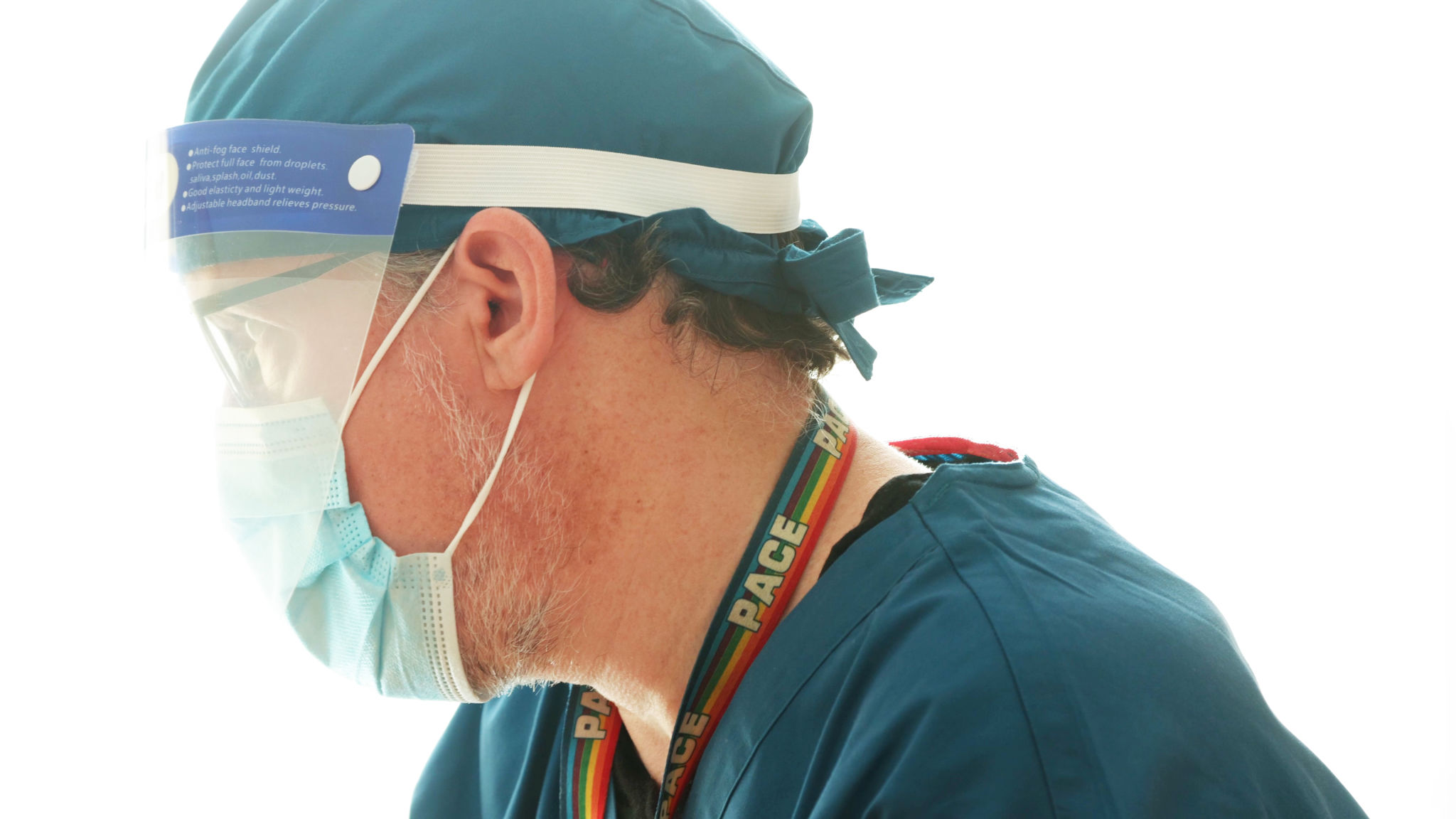Real-World Experience in Healthcare: What to Expect from Our Programs
EG
Introduction to Real-World Healthcare Experience
In the dynamic field of healthcare, gaining practical experience is crucial for aspiring professionals. Our programs are designed to provide immersive, real-world experiences that extend beyond traditional classroom learning. By participating in these programs, students can expect to enhance their skills and better prepare for their future careers.
Whether you are pursuing a career as a nurse, doctor, or healthcare administrator, understanding the practical aspects of healthcare is essential. Our programs bridge the gap between theoretical knowledge and practical application, ensuring that students are well-equipped to meet the demands of the industry.

Hands-On Learning Opportunities
One of the key features of our programs is the emphasis on hands-on learning. Students have the opportunity to work directly with patients and healthcare professionals in a variety of settings. This experience allows them to apply what they have learned in the classroom to real-life situations.
The hands-on learning opportunities enable students to develop critical skills such as patient communication, teamwork, and problem-solving. By interacting with patients and healthcare teams, students gain invaluable insights into the daily operations of healthcare facilities.
Clinical Rotations
Clinical rotations are a core component of our programs. During these rotations, students work in hospitals, clinics, and other medical facilities under the supervision of experienced professionals. This provides students with exposure to different medical specialties and patient care practices.

Mentorship and Guidance
Our programs also emphasize the importance of mentorship. Students are paired with experienced mentors who provide guidance and support throughout their training. Mentors offer personalized advice and share their own experiences, helping students navigate the complexities of the healthcare environment.
This mentorship is invaluable as it allows students to learn from professionals who have firsthand experience in the field. The relationship between mentor and mentee fosters growth, confidence, and a deeper understanding of healthcare practices.
Networking Opportunities
In addition to mentorship, our programs provide ample networking opportunities. Students are encouraged to connect with professionals from various healthcare fields. These connections can open doors to future career opportunities and collaborations.

Adapting to Real-World Challenges
The healthcare industry is ever-evolving, with new challenges arising regularly. Our programs prepare students to adapt to these changes by teaching them how to think critically and stay informed about the latest advancements in healthcare.
Students are trained to handle real-world challenges such as patient care demands, technological advancements, and ethical considerations. This preparation ensures that they are ready to contribute effectively in their future roles.
Emphasis on Ethical Practices
Ethics play a significant role in healthcare, and our programs emphasize the importance of ethical practices. Students learn about patient confidentiality, informed consent, and other ethical considerations that are vital in providing quality care.
By understanding and adhering to ethical standards, students are better prepared to make informed decisions that prioritize patient welfare and professional integrity.